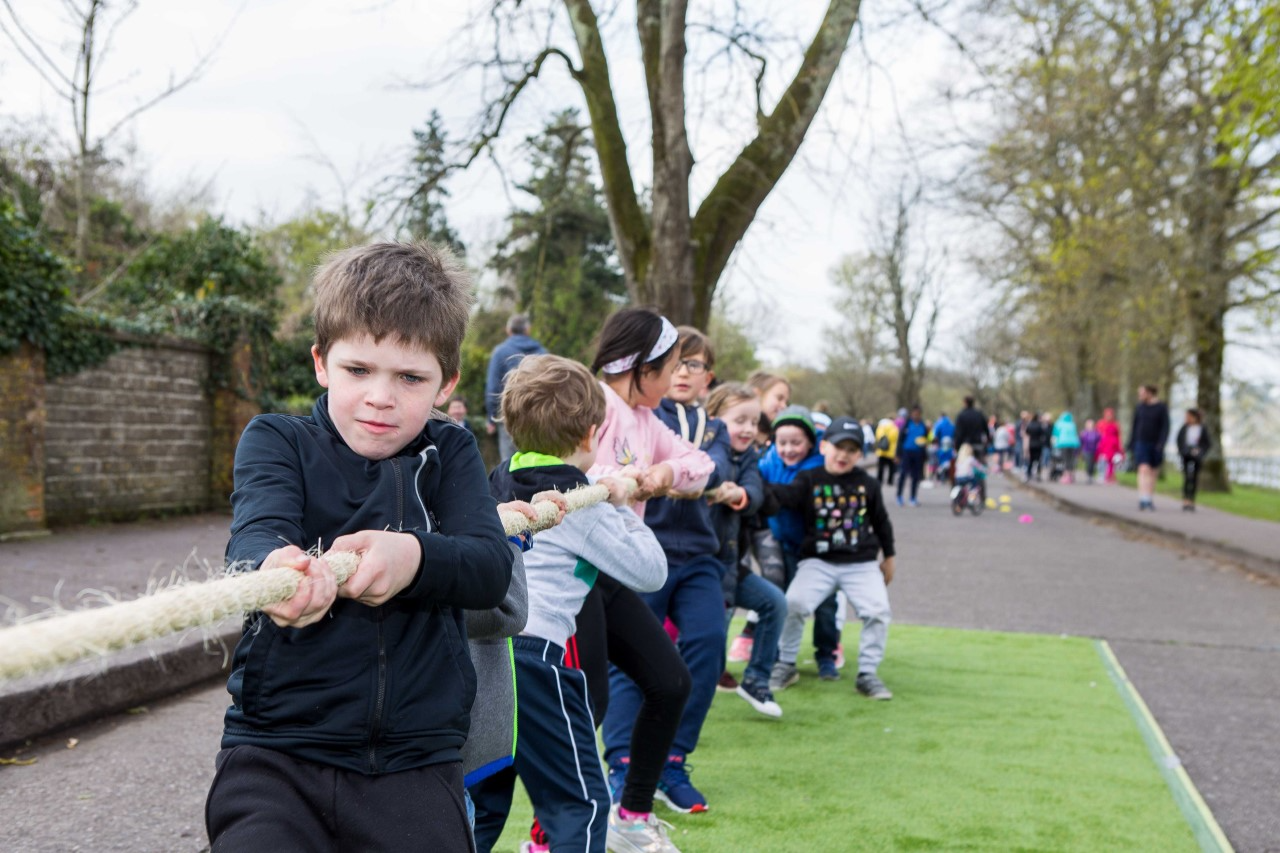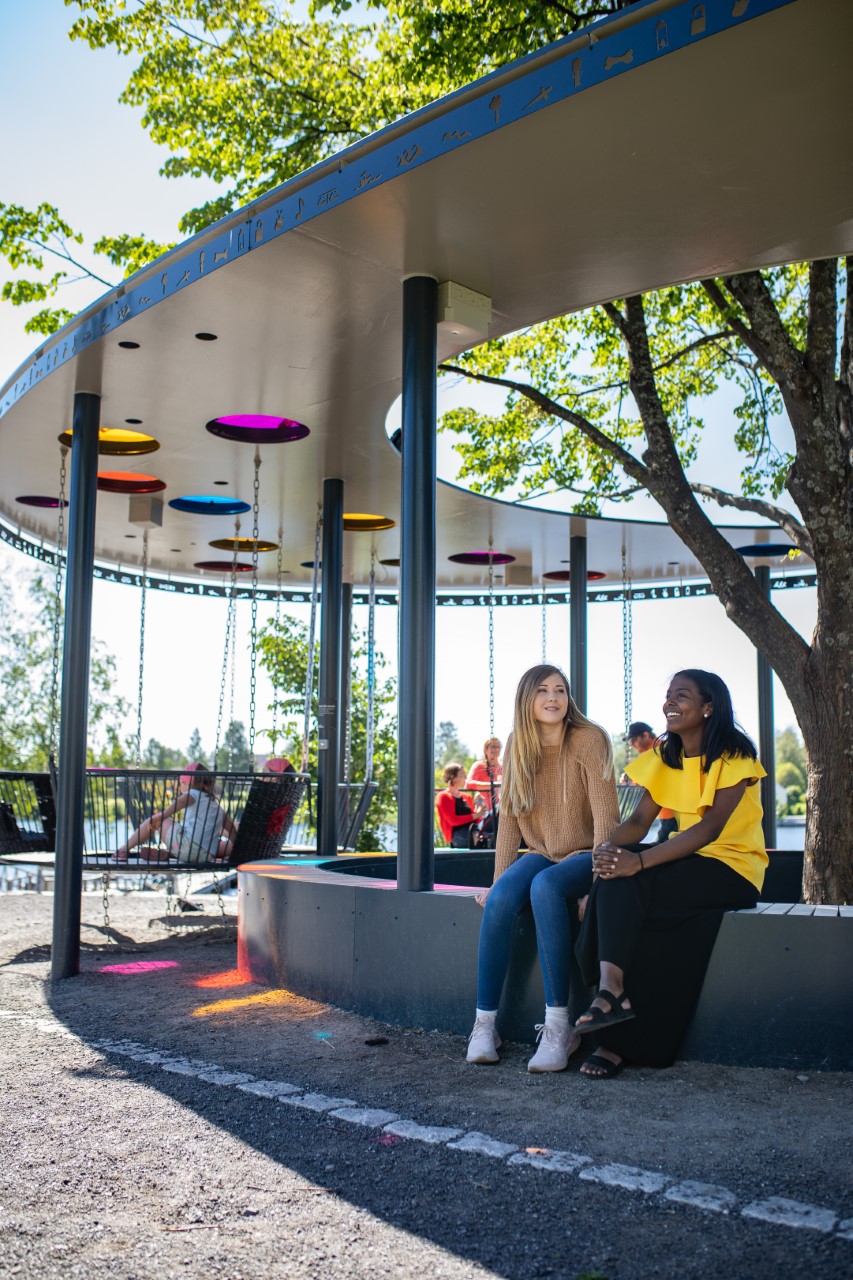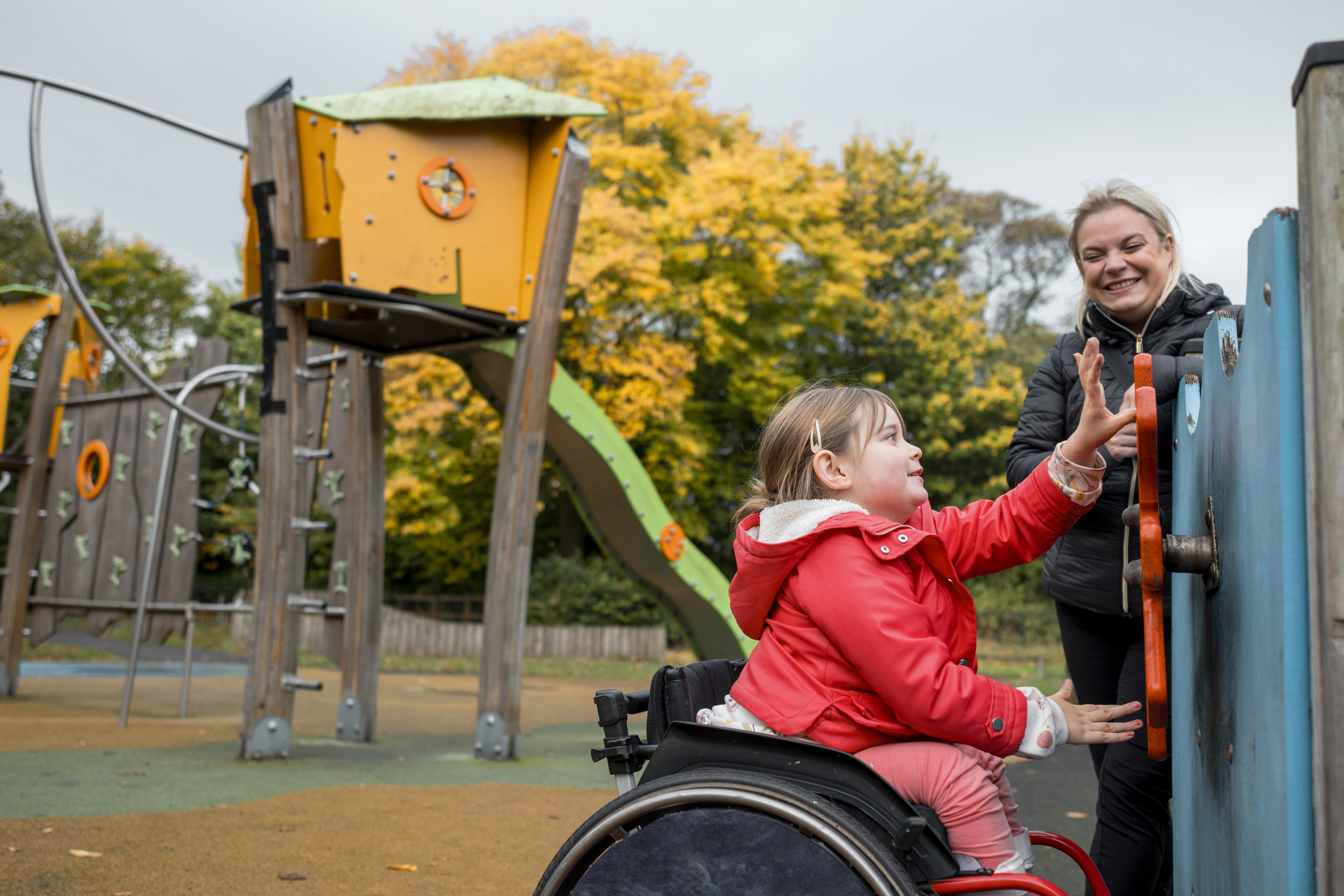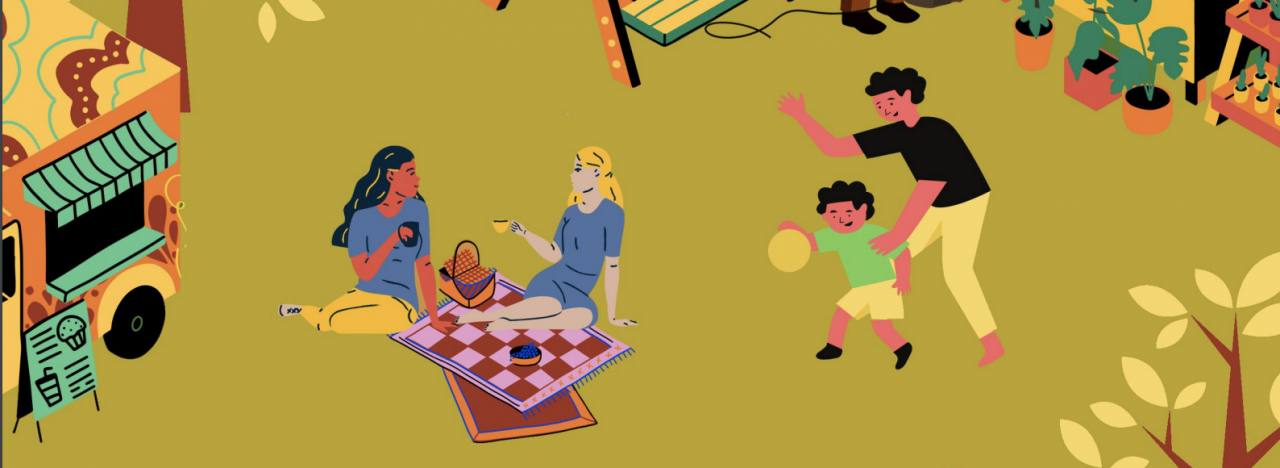How may girls and women feel free to move in streets and spend time in squares and parks without feeling discomfort or fear? How does city planning have an impact on gender equality and social inclusion? Ileana Toscano, URBACT III Expert, takes a deeper look into gender equality in cities and how the programme is contributing to a just transition.
Drawing inspiration from the Gender Equal Cities report and the activities done under the URBACT Knowledge Hub umbrella, both the Erasmus plus project “PART-Y - Participation and Youth: Lab for Equal Cities” and the URBACT Playful Paradigm Second Wave Transfer Network reflected on the gender sensitive approach to design and use urban public spaces.
On one hand, PART-Y focused on public spaces as experimental places of democracy by introducing the methodologies of Placemaking, Design Thinking and the Gender Equal Cities approach to foster the “generation equality” goal promoted by UN Women. On the other hand, the Playful Paradigm Second Wave, building on the successful experience from the first round of Playful Paradigm, focused on play as a tool to re-think cities. It took “play” beyond playgrounds to give children, girls and boys and all citizens the "right to play" and drive change for more inclusive and liveable cities.
PART-Y developed a series of products to call young people to action for equality in public spaces by testing placemaking experiences: a Handbook and a Toolbox “to build gender sensitive placemaking projects”. These provide a practical guide to transform urban public spaces into beautiful and comfortable places to live. It consists of a new methodology that enriches placemaking techniques, linked to the creation of community-led urban places, with elements taken from design thinking – an approach to produce analytical and creative solutions to solve complex problems mainly used for the development of innovative products. Adding to this mixed methodology the gender equal perspective, it was built a new effective tool that guarantees equal access and use of the city in particular for girls and boys.

Led by the Italian association Kallipolis and co-implemented by a consortium of seven entities from different European countries, including local authorities and associations as the Municipality of Trieste (IT), an URBACT II beneficiary; the Cork City Council (IE), an active partner from Playful Paradigm 1, which had the great opportunity of later on sharing its successful experience with other Irish cities; and Umeå Kommun (SE), URBACT’s lighthouse city when it comes to gender, the city was awarded an URBACT Good Practice Label in 2017, then it proceed to lead the Genderedlandscape Action Planning Network (2019 – 2022) and was at the heart of the very first Gender Equal Cities report. All three cities are highly committed to placemaking actions for their citizens.

The experience of Umeå brought a sound inspiration for the PART-Y Handbook and for the whole project development. Since the 80s, the city has had the overall goal to foster gender equality by creating the conditions for women and men, girls and boys, to have equal power to shape society and their own lives. The Genderedlandscape Network bears witness of the commitment of the municipality to this cause: this was the first European network focused on “gender and city”. Among others, Umeå has applied the gendered approach concept to the design of a new urban park called “FRIZON - Free zone”.
The FRIZON was created by involving just girls in the co-design process, through the methodology of “inclusion (of girls) through exclusion (of boys)”, which offered the possibility for girls to share freely their wishes for this new space. One of the most important wishes expressed by girls was that they wanted a space free from expectations, where they could hang out with their friends and just be, without having to perform. A zone free from expectations, hence the name “free zone”. This particular experience was an inspiration also for the Playful Paradigm Transfer Network Second Wave, a spin off Network led by the Municipality of Udine (IT) that focused on gender sensitive approach for playgrounds and urban public spaces.
Indeed, the redesign of play places like school yards, playgrounds and recreational spaces through a gender sensitive approach can provide an important contribution to deconstruct of gender stereotypes and the inequalities starting from early age. A motion graphic called “Gender sensitive playgrounds & Urban Places” was created to raise awareness about the importance of considering the needs of girls and boys when designing places for them. While, both editions of the Playful Paradigm Networks draw attention of cities to “play, which is essential for children’s health, physical-and emotional growth, and intellectual and educational development.
Through play, girls and boys learn about democracy, respect, and solidarity. Spaces for playing that reflect those values have a huge importance in education. Evidence has shown that there is a disproportion in the use of playgrounds and schoolyards: football pitches are often positioned in the central space hosting few athletic boys, while girls and un-sporty boys are pushed to the fringe. The redesign of play places should prioritise multiple play ‘worlds’ and gender-neutral colours, rather than a single central one, encouraging interaction between girls and boys and multiple uses of space. It should also foster creativity and engagement with nature, as well as sports and active games. This allows children to choose how to interact and play without the pressure to conform to stereotypes.
The most recent experience from Playful Paradigm also had the opportunity to follow up on the importance of “gender planning and play” by meeting the Municipality of Barcelona (ES), in July 2022. Barcelona has developed an innovative City Play Strategy that also embraces gender approaches principles. The city shared an important lesson for the Playful Paradigm’s partners, dealing with the creation of local policies and city planning strategies able to embrace play, gender and the regeneration of urban public space to guarantee the right to the city to children and the most vulnerable ones.

So, back to the question: can urban public spaces foster equality in cities? We can answer YES, they can and they should. The way public spaces are designed and managed have a huge impact on spreading democracy and embodying the inclusion of diversities, as well as considering gender needs. The #UrbanGirlsMovement, promoted by the Swedish think tank Global Utmaning shared the motto “plan a city for girls, and it will work for everyone”.
To position girls' needs at the top priority of the policy agenda, especially when focusing on low-income areas, can provide an important contribution to improve the living conditions not just for girls and women, but also for all vulnerable groups, all citizens. Guaranteeing free access to public spaces at different times of the day and night by making them beautiful and comfortable, makes everyone feels safer. Embedding the gender sensitive approach into urban planning activities can drive European cities towards inclusivity and respect for diversity, making these places where all can feel represented.
Gender is at the centre of URBACT IV activities. The current open call for Action Planning Networks is a unique opportunity to rethink how diversity, inclusion and equality can be an underlying response to wider urban issues. Check out all the gender-related proposals for networks at the Partner Search Tool and learn more about the call.



